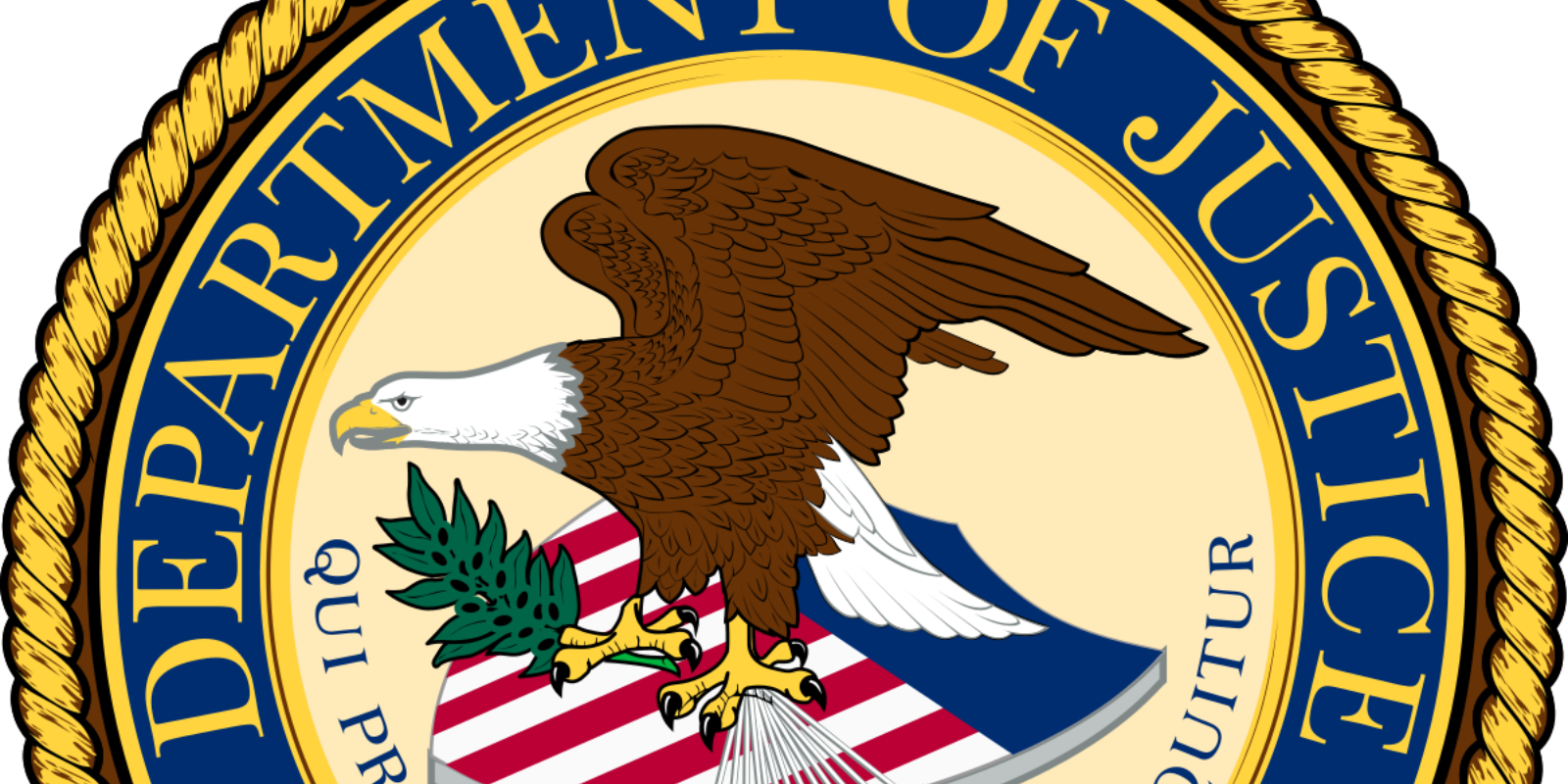PRIVACY ACT OF 1974 - PROTECTING THE CONFIDENTIALITY OF SERVICE MEMBERS
In a world of increasing connectivity, maintaining personal privacy is harder than ever. However, the Privacy Act of 1974, helps protect the privacy of many different employees for the Federal government. This includes those in the military community as the Privacy Act of 1974 applies to both active duty members and Veterans. Learn more about how this legislation has evolved and helps protect the confidentiality of service members.
What Is the Privacy Act of 1974?
The Privacy Act of 1974 is legislation that helps protect the records of some individuals working for the Federal government. This includes one’s name, a personal identifier such as a Social Security number, or certain actions.
Additionally, those who are protected by the Privacy Act of 1974 also have the right to review their own records to learn if the information has been provided and request changes. This does not apply if the records are exempt from the law.
Federal agencies have ten days to apply the changes or notify the person who requested a correction that no action is being taken.
Disclosures of the information without proper channels are prohibited by the law as outlined by the legislation.
There are multiple amendments that have evolved protections over time and are listed below.
Overall, the Privacy Act restricts issuing personal information from agency records, provides individuals access while giving a path to amend records, and provides a code of 'fair information practices' for agencies to abide by.
Computer Matching and Privacy Protection Act of 1988
The Computer Matching and Privacy Protection Act of 1988, an amendment to the Privacy Act of 1974, establishes procedural safeguards for agencies conducting computerized matching programs using personally identifiable records subject to the Act.
It mandates written agreements outlining terms for matches between Federal agencies or between Federal and non-Federal agencies. These programs are often referred to as Computer Matching Agreements (CMA).
Computer Matching and Privacy Protection Amendments of 1990
The Computer Matching and Privacy Protection Act of 1988, an amendment to the Privacy Act, sets safeguards for computerized matching programs.
It regulates Computer Matching Programs (CMAs) by Federal agencies, requiring written agreements and overseeing comparisons between systems of records.
This includes matches between Federal agencies or between Federal and non-Federal agencies.
Privacy Act of 1974 Violations
Violating the Privacy Act of 1974 disclosure guidelines is a misdemeanor and can lead to a maximum fine of $5,000.
Furthermore, employees or officials who have a recordkeeping system that isn’t disclosed officially can also receive a $5,000 fine.
Finally, it’s also a misdemeanor and a maximum $5,000 fine if anyone attempts to request the record of someone protected by the Privacy Act under false pretenses.
Loss of Trust and Confidence
It’s important for the efficiency of the American Armed Forces and the privacy of its members to maintain guidelines in place to keep personal information safeguarded from unauthorized use.
With that being said, there are times in which blanket statements replace actual facts due to the Privacy Act. One glaring example is the “loss of trust and confidence” phrase pushed in many news outlets.
Arguably the most common use of this phrase is when a Commanding Officer (CO) is fired from their duty. Rather than provide the specifics, the military will typically say there was a loss of trust and confidence.
While privacy is important, there are some who criticize this use as a way to protect those who are accused of wrongdoing.
There are many reasons a CO can be fired and when specific details can bring about severe allegations, some wonder whether or not using the Privacy Act is the right thing to do.
However, as it stands, protections are in place for a number of reasons.
The Privacy Act remains a critical part of an individual service member’s right to confidentiality and helps manage PR situations for the U.S. Department of Defense (DoD).
12 Exceptions to the Privacy Act of 1974
While the Privacy Act of 1974 helps protect the distribution of personal information, there are exceptions to the legislation, as stated by the Privacy Act “Exceptions” provided by the Defense Logistics Agency (DLA) under the reminders of the Freedom of Information Act (FOIA):
- To those officers and employees of the agency which maintains the record, who have a need for the record in the performance of their duties.
- When the disclosure is made under the Freedom of Information Act (5 U.S.C. § 552).
- For an established routine use (routine use must be published as part of the system of records notice).
- To the Census Bureau for the purposes of planning or carrying out a census or survey.
- To someone who has adequately notified the agency in advance that the record is to be used for statistical research or reporting and the record is transferred without individually identifying data.
- To the National Archives and Records Administration as a record of historical value.
- To another agency or to an instrumentality of any governmental jurisdiction, within or under the control of the United States for a civil or criminal law enforcement activity, if the activity is authorized by law, and if the head of the agency or instrumentality has made a written request to the agency which maintains the record specifying the particular portion desired and the law enforcement activity for which the record is sought.
- To a person under compelling circumstances affecting someone's health or safety, and the person whose health or safety is affected is sent a notification of the disclosure.
- To either House of Congress, or, to the extent of matter within its jurisdiction, any committee or subcommittee thereof, any joint committee of Congress or subcommittee of any such joint committee.
- To the Comptroller General in the course of the duties of the General Accountability Office.
- Pursuant to the order of a court of competent jurisdiction.
- To a consumer reporting agency in accordance with section 31 U.S.C. §3711(f).
Sources:
- Privacy Act of 1974, 5 U.S.C. § 552a, BJA. Accessed March 2024. https://bja.ojp.gov/program/it/privacy-civil-liberties/authorities/statutes/1279#cmpa
- Computer Matching Programs, U.S. Department of the Treasury. Accessed March 2024. https://home.treasury.gov/footer/privacy-act/computer-matching-programs
- Computer Matching and Privacy Protection Act: Data Integration and Individual Rights, CRS Reports. Accessed March 2024. https://crsreports.congress.gov/product/pdf/R/R47325
- The Privacy Act of 1974, EPIC. Accessed March 2024. https://epic.org/the-privacy-act-of-1974/
- Privacy Act Exceptions, DLA. Accessed March 2024. https://www.dla.mil/Portals/104/Documents/GeneralCounsel/FOIA/PrivacyReminders/FOIA_Reminder12.pdf
SHARE:
TAGS:
JOIN OUR NEWSLETTER
Get the latest news and military discounts



